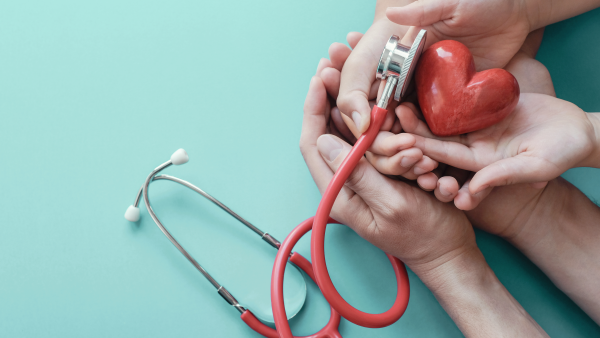Expert Tips and Medication Insights to Lower Your Cholesterol with Telemedicine and Umedoc

How do I lower my cholesterol?
Cholesterol is a fatty substance known as a lipid. It’s vital for the normal functioning of the body including cell membranes and hormones. There are 2 main sources of cholesterol in the blood: cholesterol in the food you eat, and cholesterol produced by the liver. A total cholesterol level of less than 200 is normal. A low density lipoprotein (LPL) level less than 100 is normal. A high density lipoprotein (HDL) less than 40 is normal. The united states preventive services task force (USPSTF) recommends screening for lipid disorders to begin at age 35 , or younger if the patient is at increased risk for coronary heart disease. High cholesterol, on its own, doesn’t usually cause symptoms but it increases the risk of serious health conditions.
Risks of High Cholesterol
Evidence strongly indicates that high cholesterol can increase the risk of:
● Narrowing of the arteries (atherosclerosis)
● Heart attack
● Stroke
● Transient ischemic attack (TIA) also known as a “mini stroke”
● Peripheral arterial disease (PAD)
Lifestyles can change cholesterol level
There are 5 lifestyle changes that can be made to improve cholesterol levels. Eat heart healthy
foods. This includes reducing saturated fats and trans fats, eating foods rich in omega 3 fatty
acids, increasing soluble fibers, and adding whey protein. Exercising and increasing physical
activity most days of the week. Quit smoking. Lose weight. Limit drinking alcohol to only in
moderation.
Medications
There are different classes of medications that can be used to lower cholesterol. Statins
(atorvastatin, rosuvastatin, simvastatin) can decrease LDL, as well as, slightly increase HDL.
side effects can include muscle pain and constipation. Cholesterol absorption inhibitors
(ezetimibe) can decrease LDL and slightly increase HDL. Stride effects can include stomach
pain and diarrhea. PCSK9 inhibitors (evolocumab) decrease LDL. Side effects can include
injection site reactions. Bile acid sequestrants (cholestyramine) decrease LDL. Side effects can
include constipation and bloating.
Click here to read more about this article!

This article has been written by Umedoc staff and fully reviewed and liked by Jim Liu, MD.
#medical #telehealth #umedoc

